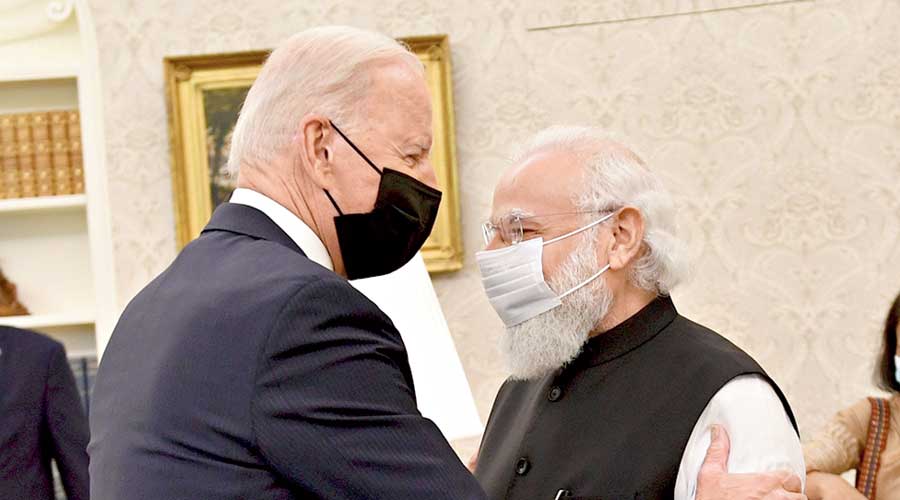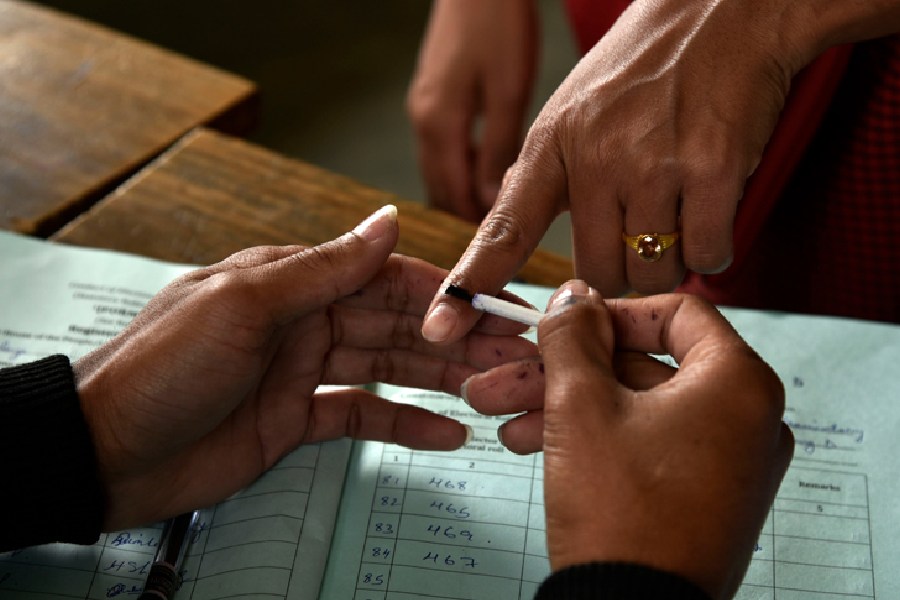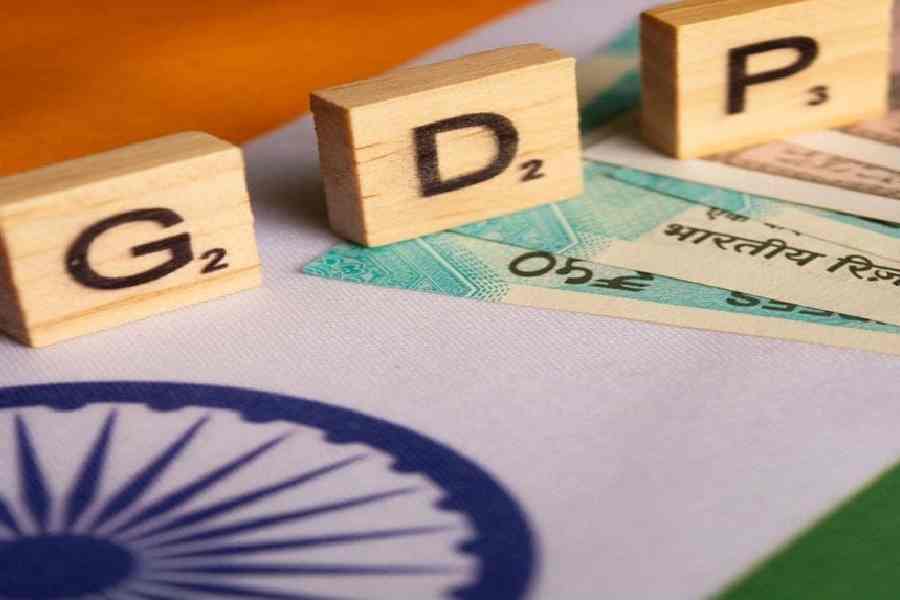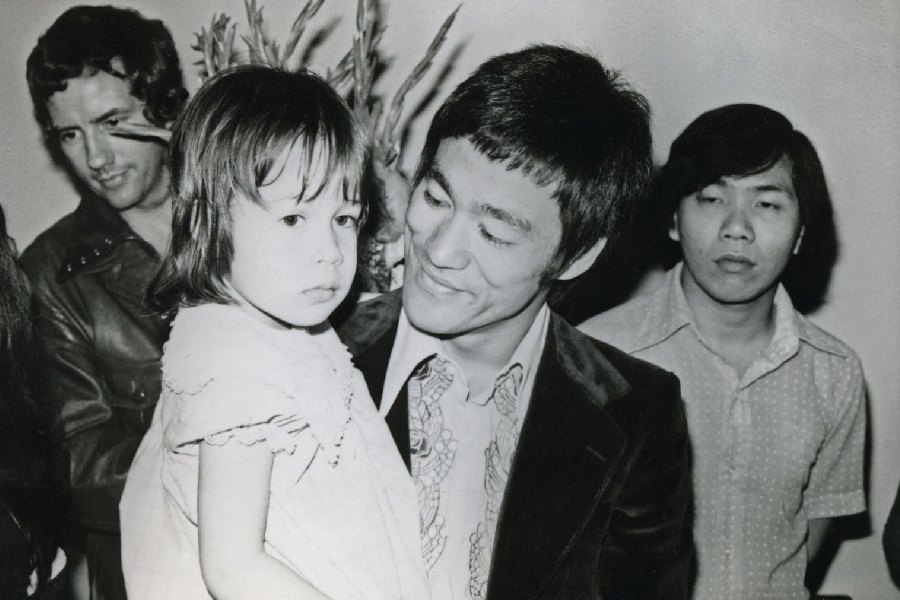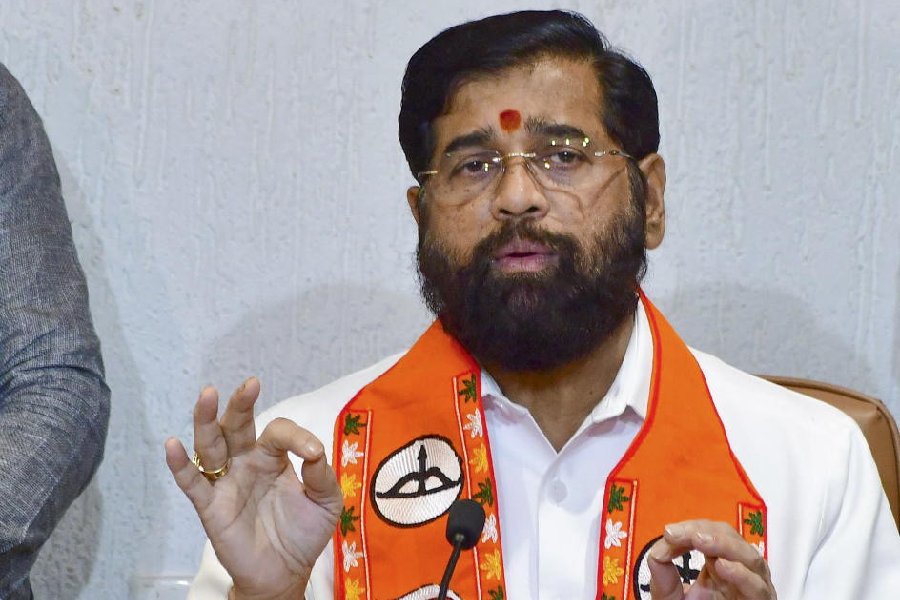Stepping up their joint fight against terrorism, India and the US have said that they will take concerted action against all terror groups, including those proscribed by the United Nations, condemned cross-border terrorism and called for the perpetrators of the 26/11 Mumbai attacks to be brought to justice.
A Joint Statement issued after the first bilateral meeting between Prime Minister Narendra Modi and US President Joe Biden at the White House on Friday said that the United States and India stand together in a shared fight against global terrorism.
The two leaders reaffirmed that the United States and India "will take concerted action against all terrorist groups, including groups proscribed by the UNSCR 1267 Sanctions Committee."
They "condemned cross-border terrorism, and called for the perpetrators of the 26/11 Mumbai attacks to be brought to justice. They denounced any use of terrorist proxies and emphasised the importance of denying any logistical, financial or military support to terrorist groups which could be used to launch or plan terror attacks," the joint statement said.
Pakistan-based radical cleric Hafiz Saeed's Jamat-ud-Dawa (JuD) is the front organisation for the Lashkar-e-Taiba which is responsible for carrying out the 2008 Mumbai attack that killed 166 people, including six Americans.
Saeed, a UN-designated terrorist whom the US has placed a USD 10 million bounty on, is currently lodged at Lahore's high-security Kot Lakhpat jail.
Lashkar-e-Taiba and Jaish-e-Mohammed as well as Afghanistan-based Haqqani Network are proscribed terror entities under UNSC resolution 1267 concerning ISIL (Da'esh), al-Qaeda, and associated individuals, groups, undertakings and entities.
Saeed and JeM founder Masood Azhar are also listed as global terrorists under the 1267 Sanctions regime.
India has repeatedly called upon Pakistan to take credible, verifiable and irreversible action against terrorist networks and to bring the perpetrators of the 26/11 Mumbai terrorist attacks to justice.
Under India's Presidency last month, the UN Security Council adopted a strong resolution reiterating the importance of combating terrorism in Afghanistan, including those individuals and entities designated pursuant to resolution 1267 (1999), and notes the Taliban's relevant commitments.
At the time, Foreign Secretary Harsh Vardhan Shringla had said that the resolution underlines terrorist individuals and entities designated by UN Security Council (resolution) 1267. This is of direct importance to India."
Shringla had said JeM and LeT are UN Security Council proscribed entities that need to be called out and condemned in the strongest possible terms.
"Needless to say the adoption of the resolution is a strong signal from the Security Council and the international community on its expectations in respect of Afghanistan," he had said.
The resolution was put forward by the US, the UK and France. It was adopted after 13 Council members voted in favour, while permanent members Russia and China abstained from the voting.
The joint statement said that Modi and Biden noted that the upcoming US-India Counterterrorism Joint Working Group, Designations Dialogue, and renewed US-India Homeland Security Dialogue will further strengthen counterterrorism cooperation between the two countries, including in the areas of intelligence sharing and law enforcement cooperation.

